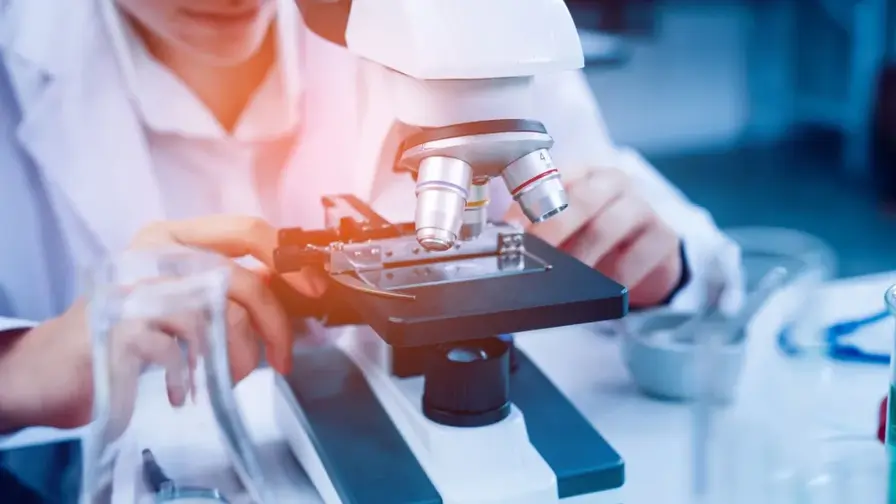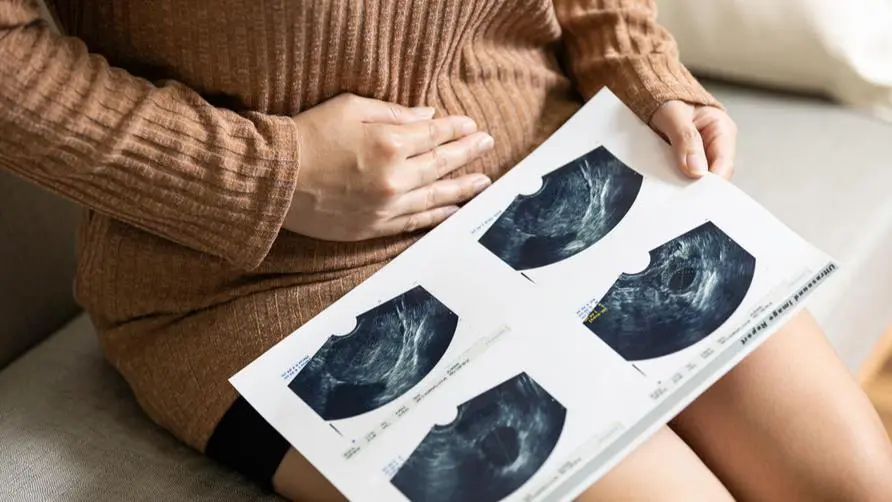Endometriosis is a "conception killer". Will it turn into cancer if not treated? Doctor's roll call: Seek medical attention immediately if you experience "5 symptoms"

Gynecological diseases are often “conception killers”. In particular, infertility has received increasing attention in recent years, and more women have begun to realize the challenges they may face during pregnancy preparation. Dr. Zhang Yi’en, the attending physician at the Reproductive Center of Taipei Obstetrics and Gynecology Clinic, pointed out that “endometriosis” is one of the common gynecological diseases that cause infertility problems. It not only causes pain and discomfort, but also affects the quality of life. At the same time, for women who have family planning, it is more likely to become one of the factors leading to infertility.
Not only does it affect bedtime, it can also cause infertility! Typical symptoms of endometriosis
Chocolate cysts are a type of endometriosis that occur in women during their reproductive years, most commonly between the ages of 25 and 45. Dr. Zhang Yien explained that in addition to genetic factors, when the endometrium peels off every month, part of the endometrial tissue transfers to other parts. A common situation is transfer to the uterine muscle, which is called adenomyosis; if transfer occurs If it reaches the ovary, it is called chocolate cyst.
“Endometriosis will increase the risk of female infertility. According to data, 30-50% of patients will experience infertility, which may affect the quality of the embryo, or cause adhesion and obstruction around the fallopian tube, thereby reducing natural pregnancy. Or the success rate of in vitro fertilization!” Dr. Zhang Yien said that clinical secondary menstrual pain is often caused by endometriosis.
Endometriosis usually has no obvious symptoms. When menstruation comes, uterine congestion and white blood cells cause an inflammatory reaction, which can lead to uterine falling sensation, backache, diarrhea, severe menstrual pain, infertility, sexual intercourse pain and other problems. It can easily affect the patient’s daily life and may also lead to the deterioration of the relationship between partners.
Treatment options for endometriosis? Will surgery be considered only if there is a possibility of “cancer”?
For women who plan to have children, the medical team usually prioritizes “conservative treatment”, including the use of drugs or hormone treatments, to avoid damage to the uterus and ovaries caused by surgery and increase the chance of future pregnancy. Dr. Zhang Yien pointed out that drug treatments include gonadal hormone stimulating hormone analogs (GnRHa), androgen-derived hormones, progesterone, intrauterine progesterone administration, oral contraceptives, etc.
Surgical options include laparoscopic surgery and open surgery. Laparoscopic surgery can be used to diagnose the condition or treat the disease. It can remove ectopic tissue, adhesion or ectopic tumors through electrocautery or laser. Laparoscopic surgery can be used to treat serious adhesions, excessive tumors or suspected malignant tumors, or even invade important organs. Used when treating organs such as ureter, large intestine, and bladder.
If the condition is serious and requires surgery, the medical team will also make preparations for reproductive preservation in advance. They will preserve the woman’s fertility by freezing eggs or embryos, and then implant the embryos after her physical condition recovers. As for the rumor circulating on the Internet that endometriosis may become cancerous, Dr. Zhang Yien pointed out that the risk of ovarian cancer caused by endometriosis is four times higher than that of ordinary women. It is recommended to consult a doctor to evaluate the frequency of regular follow-up.
Taking Chinese medicine and ovulation injections are useless! She received medical treatment as soon as possible and “the implant was successful once.”
Patients with endometriosis who need fertility are advised to seek early help from a reproductive medicine specialist. Dr. Zhang Yien gave an example: The patient, Mrs. Chen, was trying to prepare for pregnancy for her second child in advance. Unexpectedly, she had tried various methods such as traditional Chinese medicine and taking ovulation drugs for many years, but she had never been able to get pregnant smoothly. Finally, Mrs. Chen chose to go to Dr. Zhang Yien’s clinic for an examination. It was discovered that Mrs. Chen had chocolate cysts on both ovaries, as well as typical adenomyosis.
Dr. Zhang Yi’en said that Mrs. Chen’s condition is clinically complex. It took nearly three months to adjust her physical condition in the early stage of treatment. “If there is a lack of evaluation and blind implantation, not only will it not be successful, but the patient will also suffer a lot.” Shock, every embryo is precious and cannot be treated lightly!" Fortunately, the embryos were successfully implanted, and Mrs. Chen became pregnant with her second child smoothly. She said that all the hard work of taking ovulation injections and ovulation injections during pregnancy had paid off.
Finally, Dr. Zhang Yi’en reminded that timely treatment of gynecological diseases is the key to realizing the birth plan. During the process of pregnancy preparation, women should follow the doctor’s advice and actively treat if they encounter chronic lower abdominal pain, heavy menstruation, severe menstrual pain or long-term failure to become pregnant. , if the doctor diagnoses the need for artificial reproductive treatment intervention, it is recommended to make birth planning as soon as possible.
Further reading:





